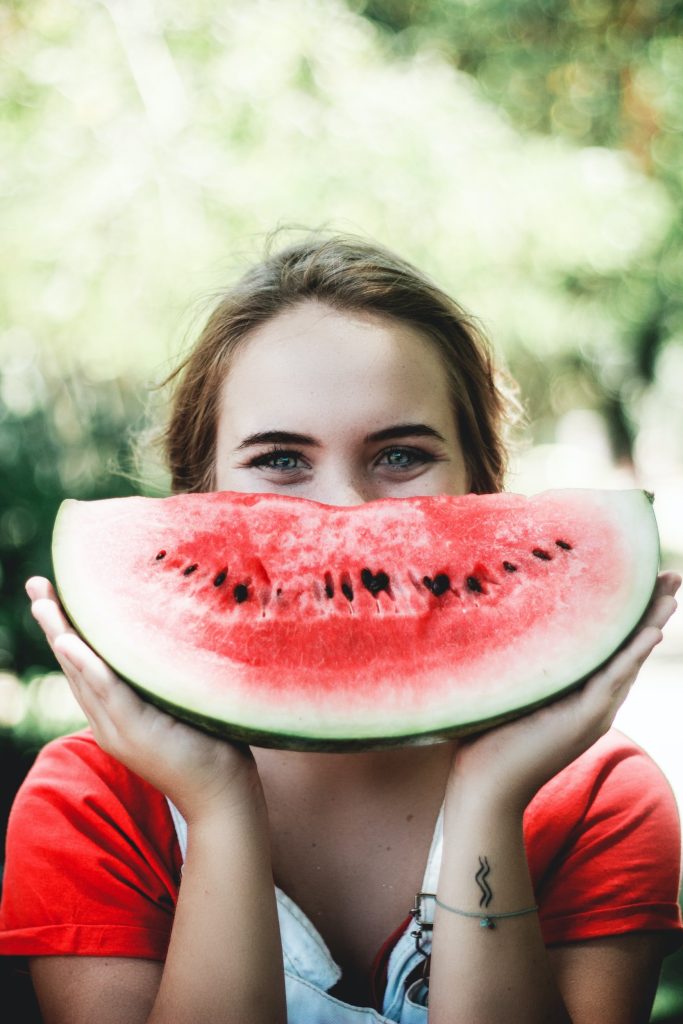
What we put in our bodies can have a direct impact on both our physical and mental health. Anxiety, in particular, can be influenced by the foods we eat. Here are 7 practical ways to reduce anxiety through diet that can help support your mental well-being:
1. Eat a Balanced, Nutrient-Rich Diet
A healthy, balanced diet rich in fruits, vegetables, whole grains, and lean proteins is essential for both body and mind. Nutrients like vitamins, minerals, and healthy fats play key roles in maintaining brain function and mood regulation. Even small deficiencies—such as skipping protein at dinner—can trigger feelings of anxiety the next day. For those who follow plant-based diets, it’s especially important to ensure you’re getting the necessary protein and nutrients from a variety of plant sources.
2. Incorporate Omega-3 Fatty Acids
Omega-3 fatty acids are essential for overall brain health and have been shown to reduce anxiety. Foods rich in omega-3s include fatty fish (like salmon, mackerel, and tuna), walnuts, flaxseeds, and chia seeds. Adding these to your diet can help support your mental well-being. Chia seeds, for example, are perfect for adding to yogurt for a quick and brain-boosting snack.
3. Limit Sugar and Processed Foods
Sugar and processed foods can cause blood sugar levels to spike and crash, which leads to mood swings and anxiety symptoms. By focusing on whole, unprocessed foods, you can avoid these spikes and maintain a stable energy level throughout the day. A growing body of research also links processed foods with an increased risk of depression, so cutting back on these may help improve overall mental health.
4. Stay Hydrated
Dehydration can exacerbate anxiety. When you’re feeling anxious, it’s easy to forget about hydration, but drinking enough water throughout the day can help reduce symptoms. Aim to drink at least 8 cups of water daily, and more if you’re active or feeling particularly anxious. Staying hydrated is a simple but effective way to reduce stress.
5. Avoid Caffeine and Alcohol
Caffeine and alcohol are known to worsen anxiety symptoms. Caffeine can make you jittery and more anxious, while alcohol disrupts both your physical and mental health. Although alcohol may initially seem to reduce anxiety, it can lead to rebound anxiety later and disrupt your sleep. To maintain balance, it’s best to limit or avoid these substances when struggling with anxiety.
6. Eat Regular Meals
Skipping meals can cause blood sugar levels to drop, which may lead to irritability, fatigue, and increased anxiety. To keep your blood sugar levels stable and reduce anxiety, try to eat regular meals throughout the day. Including a mix of complex carbs, proteins, and healthy fats can keep your energy steady and support better mood regulation.
7. Practice Mindful Eating
Eating mindfully can help you become more aware of how different foods make you feel. By paying attention to the taste, texture, and how food affects your mood, you can build a healthier relationship with food and reduce anxiety. Take time to enjoy your meals without distractions, and focus on the satisfaction of nourishing your body with healthy foods.
Final Thoughts
Anxiety is a complex issue, but with the right diet, you can support your mental health and feel better both physically and emotionally. By incorporating these 7 dietary changes into your routine, you’ll be taking proactive steps to reduce anxiety naturally.